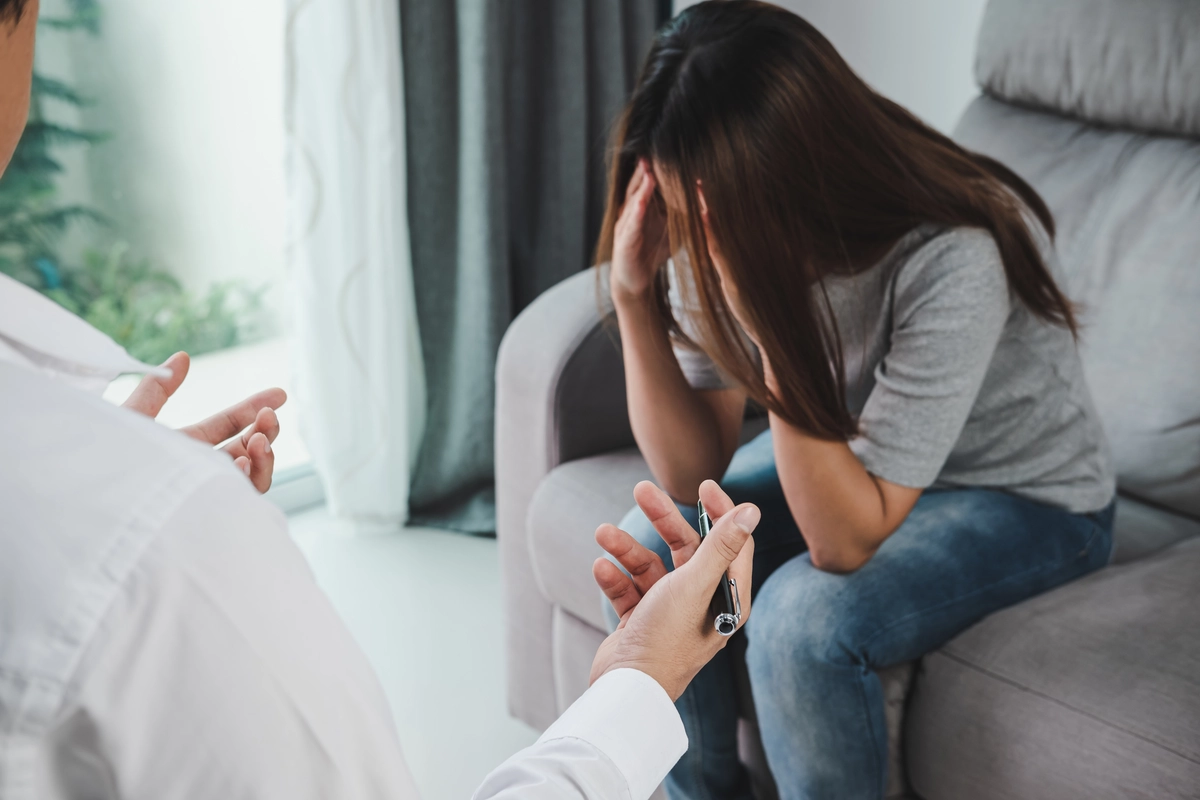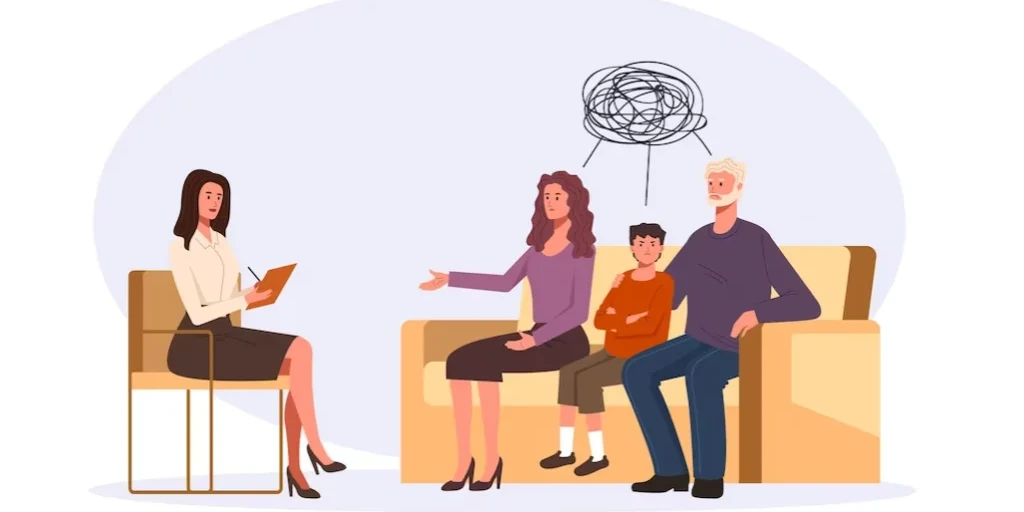24/7 Helpline:
(866) 899-111424/7 Helpline:
(866) 899-1114
Learn more about OCD Treatment centers in Neopit
OCD Treatment in Other Cities

Other Insurance Options

United Health Care

Optum

Highmark

BHS | Behavioral Health Systems

Medical Mutual of Ohio

Regence

Anthem

Covered California

AllWell

Providence

Coventry Health Care

Magellan Health

Group Health Incorporated

BlueCross

WellPoint

ComPsych

Cigna

Kaiser Permanente

Meritain

Health Choice













Menominee County Alcohol and Drug Abuse Treatment
Menominee County Alcohol and Drug Abuse Treatment is a public rehab located in Keshena, Wisconsin. M...








